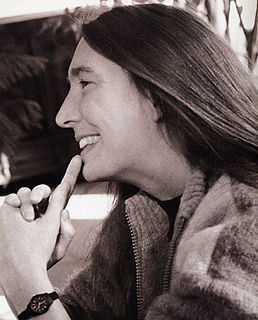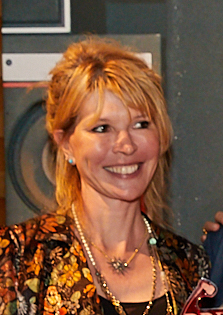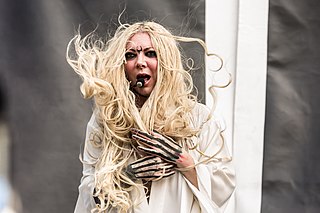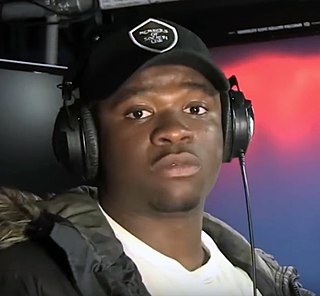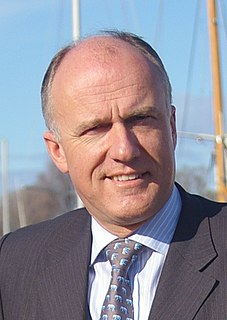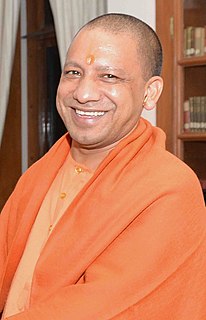A Quote by Charlotte Rampling
I am fascinated by the whole process of what it's like to be alive, whether it's unbelievably uncomfortable and horrible or whether it's quite nice
Quote Topics
Related Quotes
The creative process is just a process and you can't really separate it from life. Growing your hair is a creative process. Your body is creating hair. Being alive is a creative process. Whether it's growing something in the garden or growing a song, the material accumulates. It's the process of being alive; it's the passage of time. Things change.
I feel like as a whole, when it comes to the "other" in the US - whatever that looks like for each individual person, whether it be someone who's LGBTQ or someone of color or someone who's just a religion that they've never heard of - whether you're in entertainment or whether you're in any other business, we're not as evolved as we'd like to think.
I am somewhat uncertain whether there is a definite factual question as to whether natural language handles truth-value gaps. Nor am I even quite sure that there is a definite question of fact as to whether natural language should be evaluated by the minimal fixed point or another, given the choice of a scheme for handling gaps. We are not at the moment searching for the correct scheme.
Things like Kitchen Cabinet, I'm not sure they necessarily tell the Australian people whether you have judgement, whether you have discernment, whether you have intellectual acuity, whether you are able to develop policy, whether you are able to represent individual cases to the highest levels of government successfully and in a manner that actually achieves outcomes.




